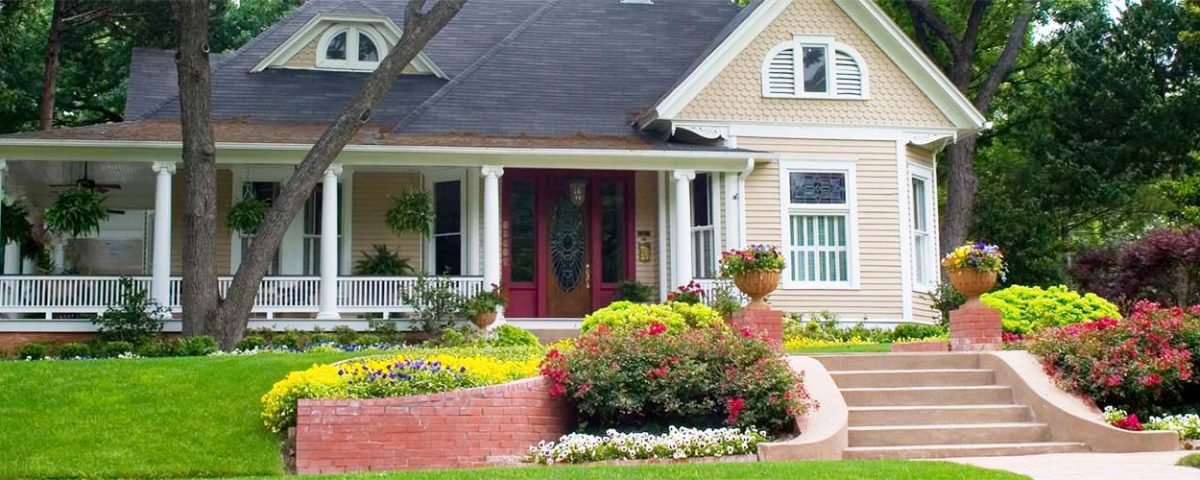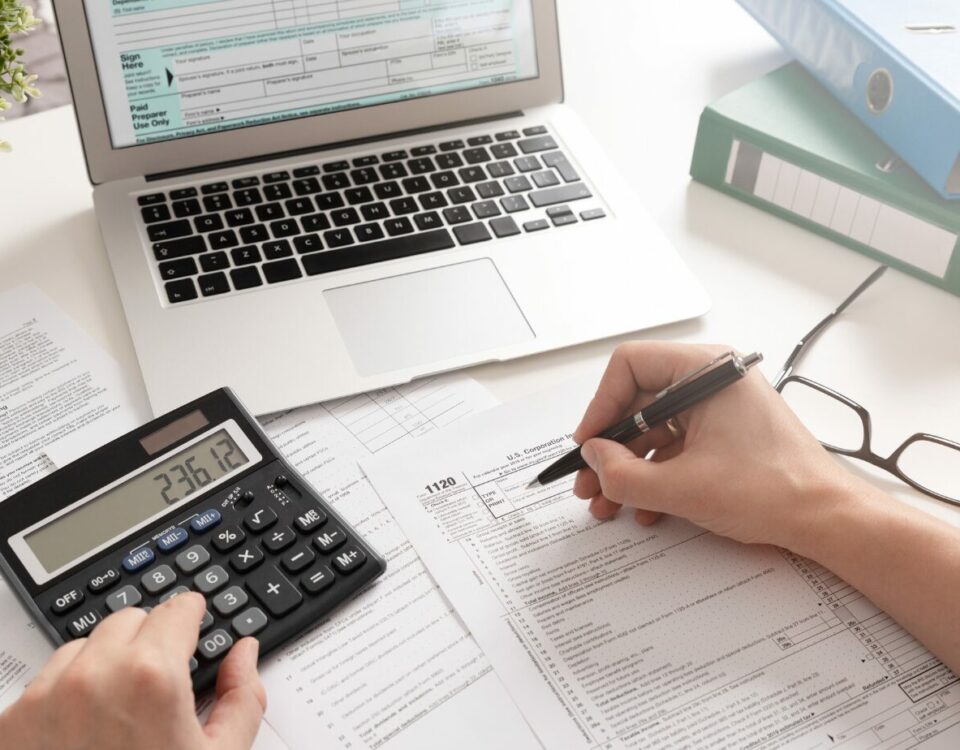- Walk-in Traffic is by Appointment Only - More Details
Surprising Factors That Determine Your Home’s Value

7 Surprising Factors That Can Affect Your Home’s Value
October 26, 2016
Preparing to Rent Your Home
November 20, 2016You probably already now that the condition, age and size of your home all impact its value, but there are other factors that can impact the value, and some of them are quite surprising. If you are considering putting your home on the market and want to price it well or are buying a home and want one with the best potential resale value, here are some surprising places where your home may gain or lose value.
1. The Street Number
House numerology, in some cultures, is very powerful. Homes with the number “13” in them tend to be lower in value, whereas the number “7” is considered lucky in many cultures. If you’re pricing a home with an “unlucky” number, you may want to price it a little lower.
2. The Street Name
Yes, the name of your street can lend value to your home. “Avenues” tend to have higher value than “Street.” In fact, of the various address suffixes out there, “street” tends to have the lowest value, while “boulevard” has the highest, even for homes with the same features and square footage.
3. The Neighbors
Your neighbors can contribute to the value of your home. Noisy neighbors in homes that are close together can decrease the value of a property, and neighbors with unsightly decor can also be problematic. While you can’t do much to change your neighbors, it’s best to consider the neighbors before buying a home.
4. The Landscaping
Landscaping is a great addition to a property, and some features, especially tall, mature trees, can increase the value significantly. Homes with mature trees are more energy efficient, and the shade provides a pleasant place to spend time outdoors.
5. Proximity to “Luxury” Amenities
Some amenities are considered more “luxurious” than others. While close proximity to a grocery store is good, close proximity to an upscale or trendy store, like Whole Foods, will increase the home’s value a bit more. In fact, homes near Trader Joe’s see a 40 percent increase in value over time! Luxury amenities within a mile are a great asset that you should harness while trying to sell your home.
As you can see, there’s more to your home’s value than just the home itself. Understanding these factors will help you make wise and informed decisions when pricing a home or getting ready to buy a home.




